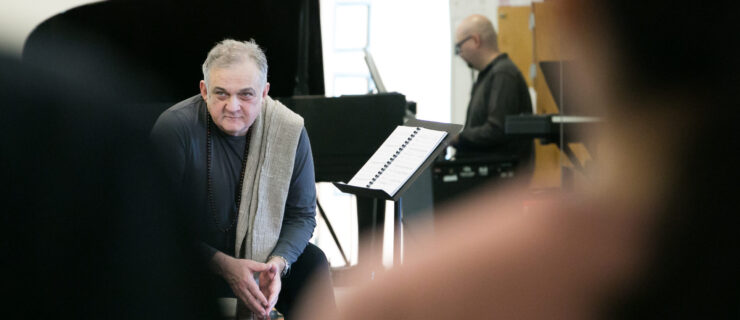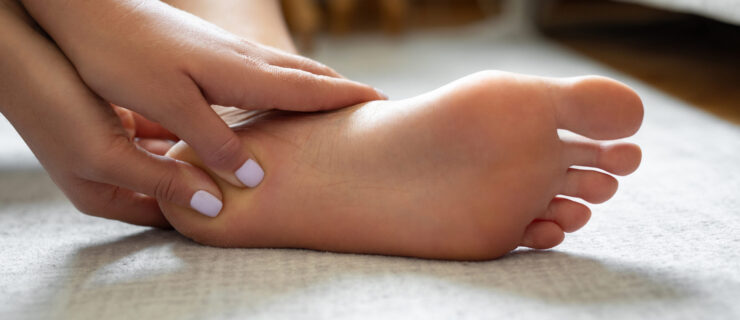3 Ways to Become More Resilient—Even in a Pandemic
COVID-19 has meant canceled programs, postponed commissions, early retirements and cuts in budgets. Understandably, overwhelming thoughts of loss and negativity abound. But, according to licensed social worker Josh Spell, this is precisely the time for self-inquiry. A former dancer with Pacific Northwest Ballet and Kansas City Ballet, Spell works with several companies to provide coping tools to reduce stress and perfectionism—chronic issues made worse by the pandemic.
1. Find Some Distance
Externalizing fears or self-doubts by verbalizing them to someone you trust or writing them down can help provide distance, says Spell. It’s natural to grieve the loss of a role or an entire season, but don’t allow bitterness or regret to overtake you. According to Spell, regret is a form of resistance that prevents closure.
“Take time to make sure your emotional response fits the facts of the situation,” he says. Dancers are trained to scrutinize themselves—they see the thorns instead of the roses. Finding some separation from negative thoughts can turn this period into a time of adaptive curiosity and learning.
2. Imagine Alternative Paths
Dancers often suffer from an all-or-nothing attitude, such as “I will never perform again.” Instead, dancers need to develop the gray area between opposites that Spell calls “psychological flexibility,” which gives you tools to imagine alternative paths forward. A big part of this is building an identity outside of or complementary to dance. According to Spell, this leads to an important questioning of your values, helping you tap into long-term desires and passions, and furthering your creativity and resilience.
3. Have Compassion
Self-awareness is part of developing your own voice in dance, and critical to becoming more resilient. It means being patient with yourself, asking questions about what you are learning—being curious rather than shaming and letting emotions dominate. Such a healthy, holistic dancer, according to Spell, is also self-compassionate, and able to combat negative self-talk. For example: “We can’t adhere to an ‘in-season’ standard of physique and stamina. Our dancer bodies are going to look and feel different when we are not dancing six to seven hours a day—and we need to be accepting of that.”
The Whim W’Him Forum
In addition to offering one-on-one sessions, Spell meets with all the Whim W’Him dancers for an hour each week in what he calls a “mental health forum” to explore the emotional experience of dance. The group process includes:
- speaking and singing negative thoughts, in a process called “defusion”
- building perspective, without self-judgment, examining all emotions present
- practicing self-inquiry with curiosity and compassion
Having a social worker in-house is a way to normalize mental health, says Spell. Offering a platform to explore body-image and casting expectations, race, and identity, can begin a shift in company priorities to nurturing the whole dancer. “It is important for dancers to know that they are not the only ones having a difficult time,” says Spell.




